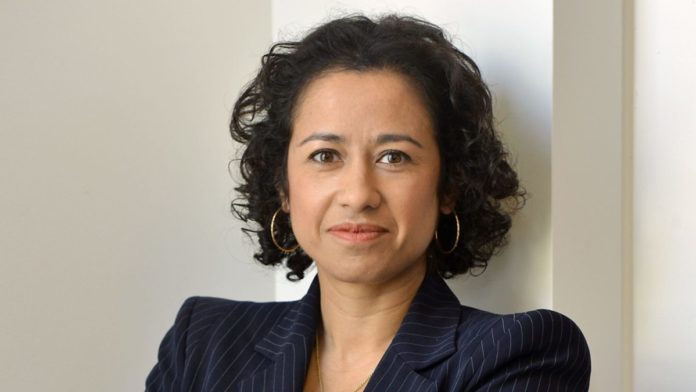The journalist Samira Ahmed has won her equal pay case against the BBC after a judge and panel of experts unanimously agreed that her work presenting BBC TV programme Newswatch was equal to that of Jeremy Vine as presenter of Points of View.
It was revealed ahead of her employment tribunal in London, which began in October last year, that Vine was paid nearly seven times more than Ahmed.
The journalist’s claim covers a period of six years until Vine left the show in 2018. She was paid £440 per episode, later rising to £465, while Vine earned £3,000 from when he took over from Terry Wogan in 2008. Both shows are under 15 minutes long and cover audience feedback on BBC content.
In her written judgment on Friday, employment judge Harjit Grewal said: “The difference in pay in this case was striking. Jeremy Vine was paid more than six times what the claimant was paid for doing the same work.”
Ahmed is seeking nearly £700,000 in back pay. In a statement on the ruling, she said: “No woman wants to have to take action against their own employer. I love working for the BBC. I’m glad it’s been resolved…
“I’m now looking forward to continuing to do my job, to report on stories and not being one.”
The BBC said it will “consider the judgment carefully” before deciding its next move.
Subscribe to our newsletter and stay updated on the latest news and updates from around the Muslim world!
A spokesperson for the corporation said: “Samira Ahmed is an excellent journalist and presenter and we regret that this case ever had to go to tribunal.
“We’re committed to equality and equal pay. Where we’ve found equal pay cases in the past we’ve put them right. However, for us, this case was never about one person, but the way different types of programmes across the media industry attract different levels of pay.
“We have always believed that the pay of Samira and Jeremy Vine was not determined by their gender. Presenters – female as well as male – had always been paid more on Points of View than Newswatch.
“We’re sorry the tribunal didn’t think the BBC provided enough evidence about specific decisions – we weren’t able to call people who made decisions as far back as 2008 and have long since left the BBC.
“In the past or pay framework was not transparent and fair enough, and we have made significant changes to address that; we’re glad this satisfied the Tribunal that there was sufficient evidence to explain her pay now.
“We’ll need to consider this judgment carefully. We know tribunals are never a pleasant experience for anyone involved. We want to work together with Samira to move on in a positive way.”




















